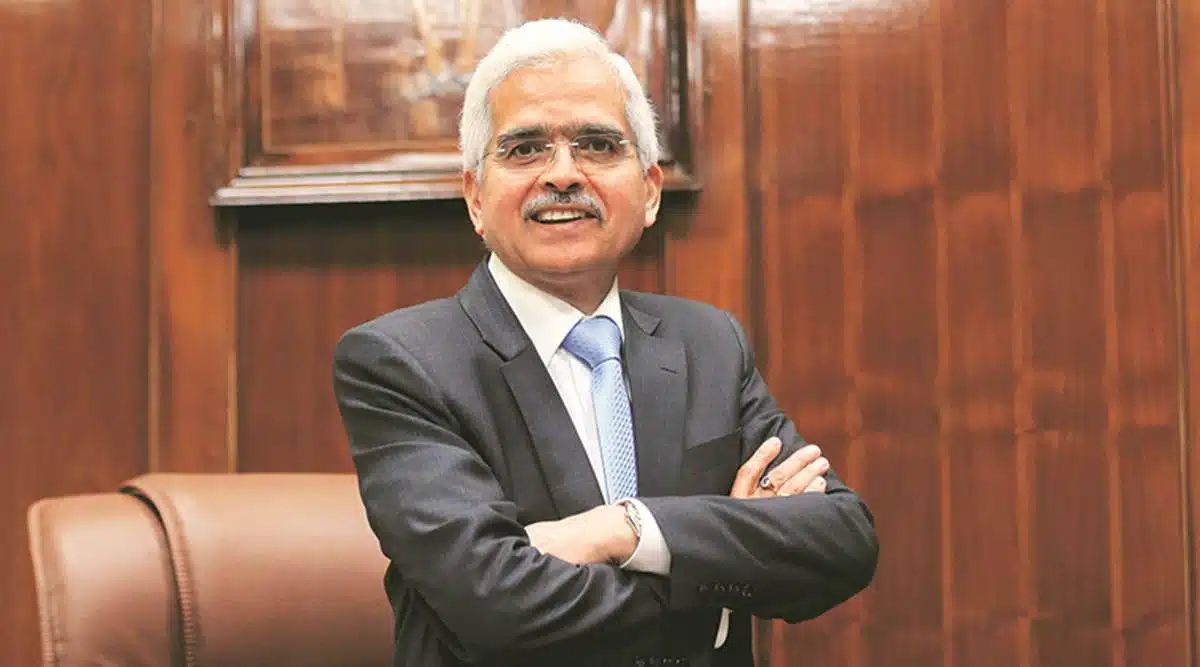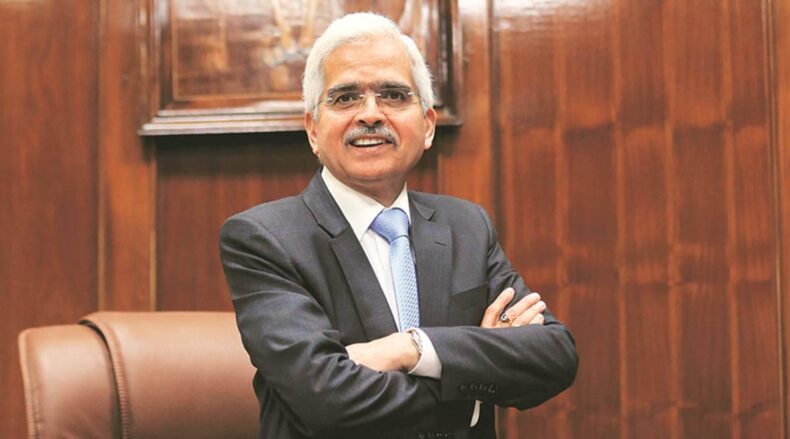Even though a large financial system is bound to receive some complaints, the majority of them are about traditional banking, which is concerning. According to Reserve Bank of India (RBI) Governor Shaktikanta Das on Friday, the use of technology has increased the efficiency of financial institutions, but it has also led to the backdoor entry of unregulated players into the financial sector who frequently violate regulations.
Das stated at the annual conference of the RBI ombudsman in Jodhpur, “This leads to several concerns including mis-selling, breach of customer privacy, unfair business conduct, usurious interest rates, and unethical loan recovery practices.”

Customers are initially tempted to borrow money from these businesses due to the prompt disbursements and minimal or no documentation requirements. Customers only discover the serious drawbacks of such borrowings later, “Das stated. During the pandemic, a lot of borrowers turned to digital lending apps for quick cash because of the economic downturn. During recovery, apps were frequently found to be charging customers higher interest rates and engaging in unfair practices, which led to the deaths of numerous borrowers across the nation.
The Reserve Bank of India (RBI) recently issued comprehensive guidelines regarding digital lending, requiring these businesses to provide borrowers with a critical fact statement. The annual percentage rate (APR), the recovery method, information about the grievance redressal officer designated specifically to handle digital lending and fintech-related issues, and the cooling-off and look-up period will all be included in the statement. The central bank has said that REs can’t charge borrowers fees that aren’t in the statement.
Governor Das stated that the central bank had implemented a comprehensive ombudsman scheme last year, which resulted in a significant reduction in the proportion of non-maintainable complaints due to increased awareness when discussing customer grievance redress mechanisms. Even the turnaround times and rates of disposal have improved. Although there is still room for improvement, these are positive trends. In order to shorten the turnaround time for customers, Das stated, it is essential to further enhance the level of coordination and cooperation between the regulated entities and the RBI Ombudsman.
Shaktikanta Das, Governor of the RBI, stated yesterday in an unscheduled press conference that the Monetary Policy Committee’s off-cycle meeting had unanimously voted to raise rates.This decision was based on the upside risks to India’s inflation trajectory posed by global factors. With immediate effect, the repo rate is now 4.40 percent.As a result, the rate for the standing deposit facility has been lowered to 4.15 percent.In the meantime, both the Bank Rate and the marginal standing facility rate were adjusted to 4.65 percent.
However, the governor lamented that despite the RBI’s increased focus on customer service and protection, there are persistent complaints about misselling, pricing transparency, disproportionate service fees, extremely high penal rates, and other issues.
He stated, “The good work that is being done for customer protection, both by the regulated entities and the RBI,” and “stories in social media about the use of strong-arm tactics by some recovery agents overshadow the good work.”
Even though a large financial system is bound to receive some complaints, the majority of them are about traditional banking, which is concerning. This necessitates a thorough examination of the regulated entities’ customer service and grievance resolution procedures. Das stated, “The necessary corrective measures need to be taken and the root cause of the persistence of such grievances needs to be examined.”
The governor stated that the board and top management of regulated entities must play a crucial role in addressing these concerns by ensuring that product design, customer support, product delivery, and post-sale services are all customer-centric.
He stated, “Commercial considerations are important, but they must inevitably be aligned with customer orientation in every aspect, including risk management and strategy.”
The governor emphasized once more that the regulated entities cannot absolve themselves of any activity that is outsourced to third-party vendors. This is in light of the incident in Jharkhand, in which a young woman died as a result of an unreasonable strategy used by an outsourced recovery agent for Mahindra & Mahindra Finance.“In accordance with our regulatory guidelines and the law of the land, regulated entities have a legitimate right to recover their dues. Strong-arm tactics are unacceptable. As a result, “stronger board-level oversight and closer senior management monitoring of outsourced functions assume critical importance,” Das stated.
The Reserve Bank of India (RBI) stated that regulated entities providing credit through digital lending methods will have until November 30 to comply with the digital lending norms for the “existing digital loans” category; however, these norms will immediately apply to new customers and existing customers receiving fresh loans.













